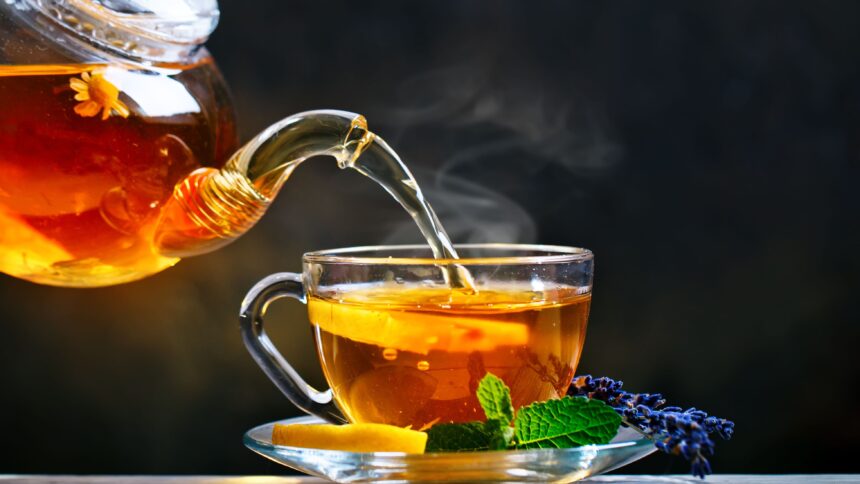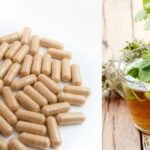For many people, nothing warms the soul on a cold day like a steaming cup of tea. But beyond comfort, some teas offer powerful healing benefits for both mind and body. If inflammation has you feeling achy, tired, or down, these natural anti-inflammatory teas may provide much-needed relief. My friend, let’s explore which variety may work best for you.
Turmeric Tea
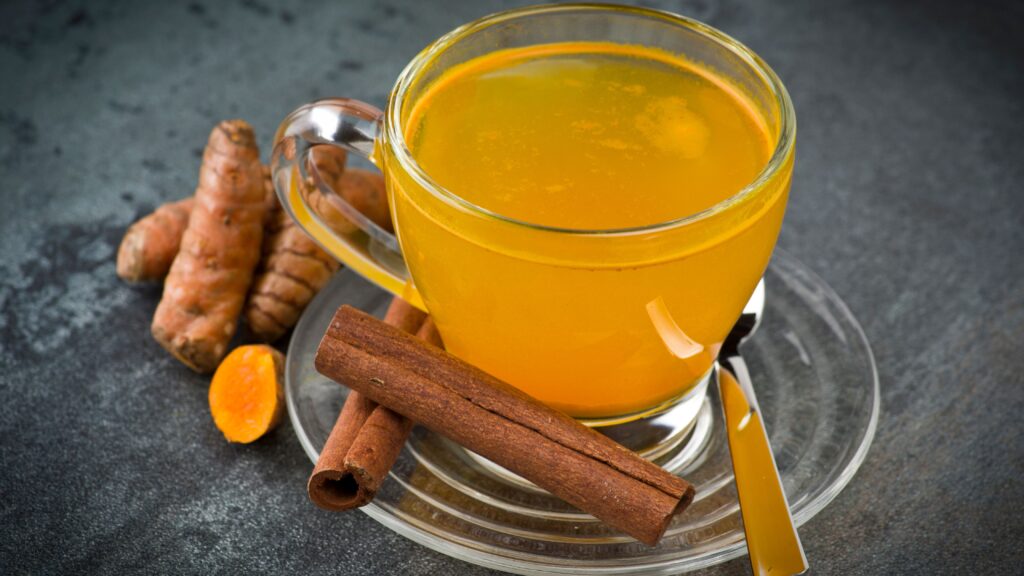
Turmeric is a super spice with a long history of traditional use in Indian Ayurvedic medicine. Its active compound, curcumin, gives turmeric its bright orange color and has been shown in research to quench inflammation at the molecular level. Simply steeping turmeric powder or freshly grated turmeric root in hot water makes a cup that nourishes both inside and out. For Debra, turmeric tea has been her saving grace. “The inflammation in my wrists from arthritis was unbearable. But since sipping turmeric daily, the pain and stiffness have reduced tremendously.” Start with 1/4 to 1/2 teaspoon per cup and see how your body responds over a few weeks. The subtle flavor also pairs well with milk or honey to sweeten it up.
Green Tea
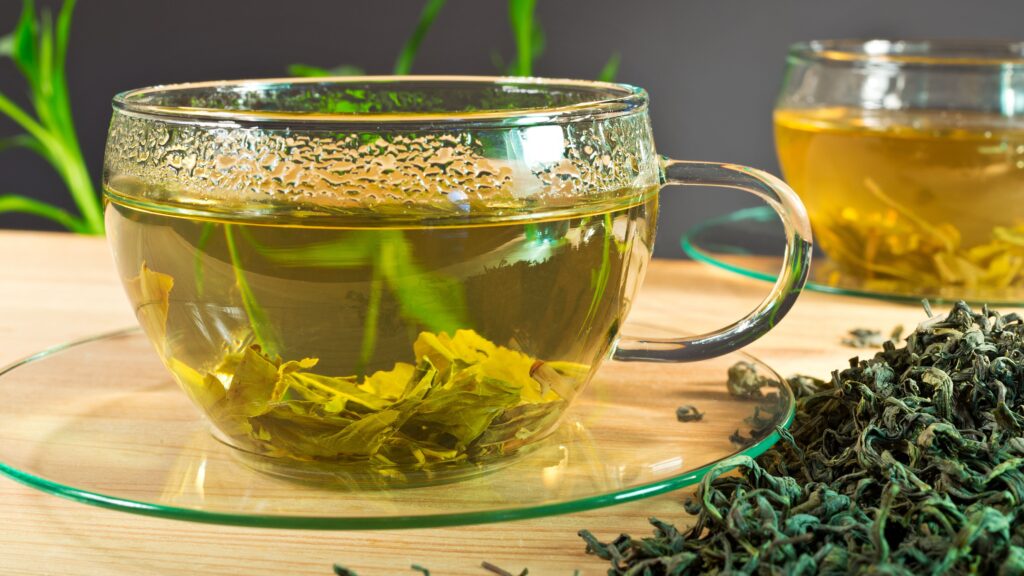
Green tea has earned its reputation as a potent anti-inflammatory all-star. It’s rich in polyphenols called catechins, the most notable being EGCG. Studies demonstrate EGCG’s ability to switch off inflammatory proteins and messengers in the body. Andrew, an avid soccer player, found relief in green tea when injuries started catching up to him. “After tough games, my knees and back would be sore for days. Now I brew a big pot of green tea and it does wonders for reducing post-exercise swelling and pain.” Look for loosely packed tea leaves rather than tea bags for maximum health benefits. Steep for about 3 minutes for the best flavor.
White Tea
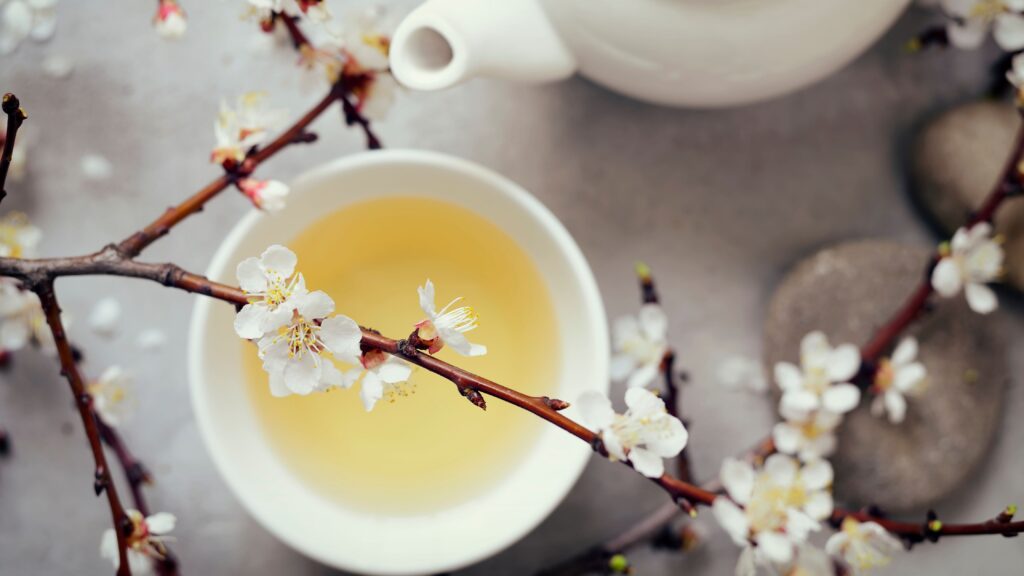
Due to its mild flavor and lighter oxidation process, white tea may be gentler on the stomach than green or black tea. But don’t let its mild demeanor fool you – white tea boasts impressive anti-inflammatory compounds too. Theanine, a unique amino acid, and polyphenols work in harmony to quell inflammation. For Suzanne, drinking white tea has been critical for easing her rheumatoid arthritis symptoms. “On bad pain days, I’ll brew up a big thermos of white tea to sip throughout the day. It leaves me feeling relaxed and my joints feel looser.” For maximum benefit, infuse 1-2 teaspoons of dried white tea leaves in hot water for 5-7 minutes. Enjoy iced or at room temperature on hot days too.
Oolong Tea
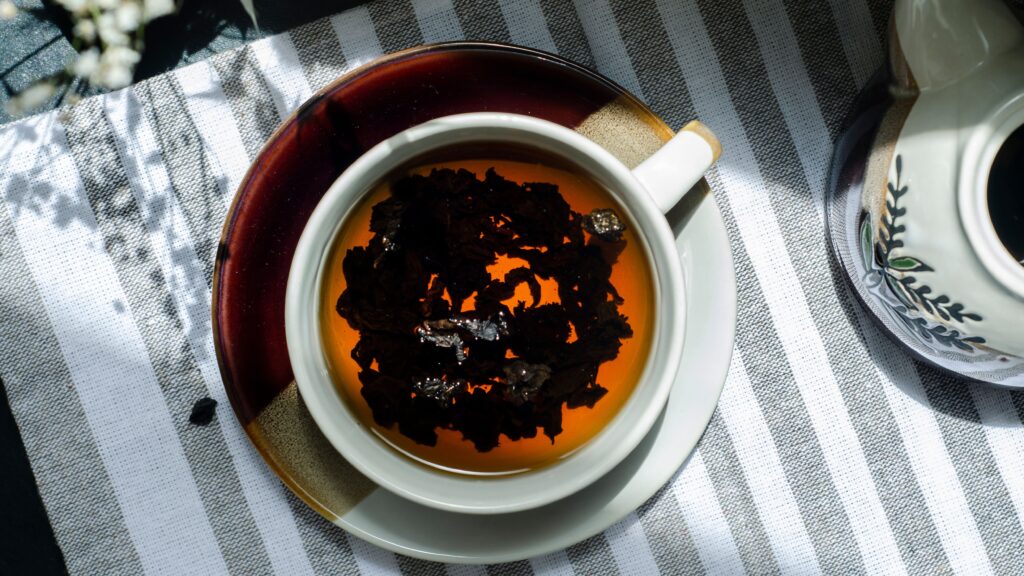
As a semi-fermented tea, oolong tea offers antioxidants that reside between green and black teas. Research indicates specific antioxidants in oolong, like theaflavins and tannins, can inhibit inflammatory enzymes in the body. Shannon, an avid gardener, finds oolong tea’s anti-inflammatory perks make outdoor work more manageable on her arthritis days. ” After spending hours on my feet pulling weeds, my feet and lower back would scream. Now I brew up oolong before starting my garden chores to help minimize future aches and pains.” For oolong, follow package steeping instructions typically between 3-5 minutes. Its floral, nutty flavors pair well with a squeeze of citrus.
Peppermint Tea
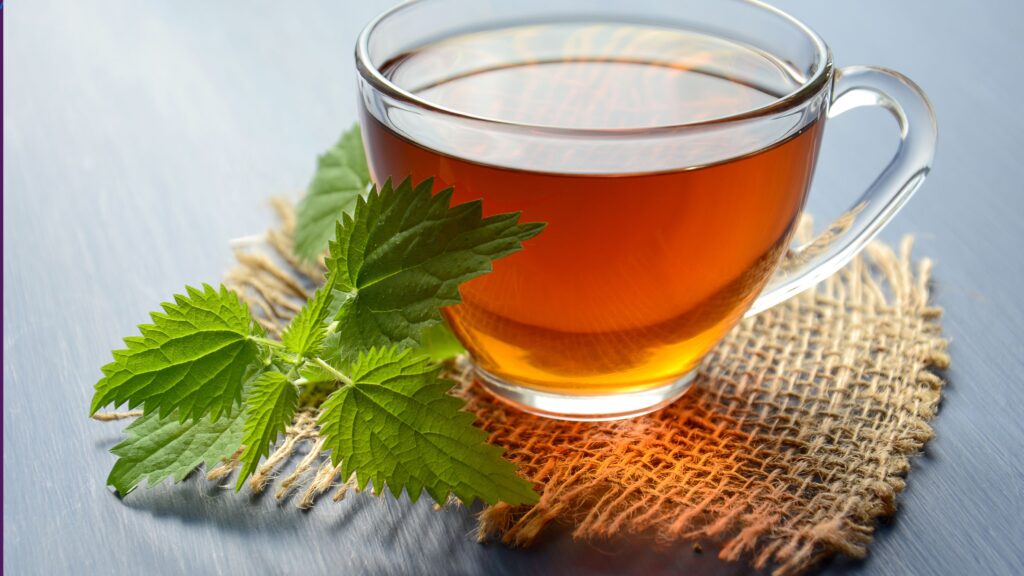
With menthol as its star compound, peppermint tea delivers a refreshing cooling sensation that eases sore muscles and headaches. Beyond feeling cool, menthol is also thought to obstruct inflammatory pathways. For Manuel, a longtime soccer referee, peppermint tea is a game-day essential. “Running up and down that field can really take its toll on my body. After games, I can almost instantly feel my leg muscles loosening up with just one cup of peppermint tea.” For people with upset stomachs, peppermint may also bring relief from nausea thanks to its carminative effects. Steep 1-2 teaspoons of dried leaves in 6-8 ounces of hot water for 5-10 minutes. Drink warm or add a splash of milk for extra soothing.
Black Tea
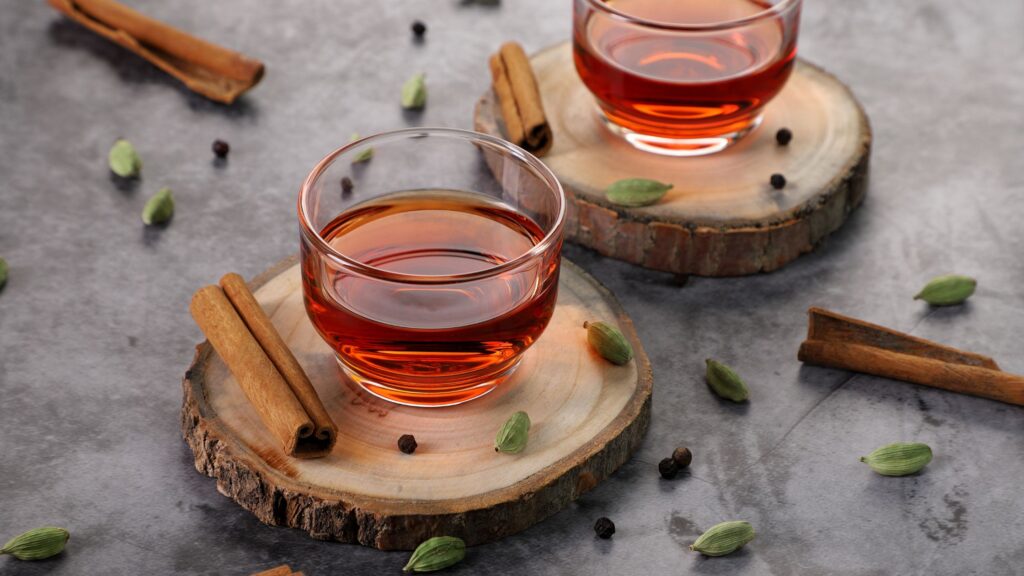
Black tea goes through a full oxidation process that changes its chemical makeup compared to less oxidized teas. Specifically, theaflavins and thearubigins found in black tea have been shown in lab studies to downregulate inflammation. At 69 years old, Lisa swears by her daily cup of black tea. “The stiffness and aches that come with getting older were starting to wear me down. Now I find relief in some soothing black tea to help keep my mobility.” Look for full-leaf black teas for optimal nutrition and flavor. Steeping for 3-5 minutes brings out robust yet calming flavors like dried fruits and roasted nuts depending on the variety. Sweetening with honey adds an anti-inflammatory boost.
Conclusion
Whichever soothing tea variety speaks most to your specific needs, try sipping a cup when feeling under the weather or as part of an overall anti-inflammatory lifestyle. While research continues, these nutrient-dense teas provide hydration and polyphenols that countless people rely on for calming inflammation. I hope you find your new favorite healing beverage to enjoy for many days and years to come. Stay well, my friend.

